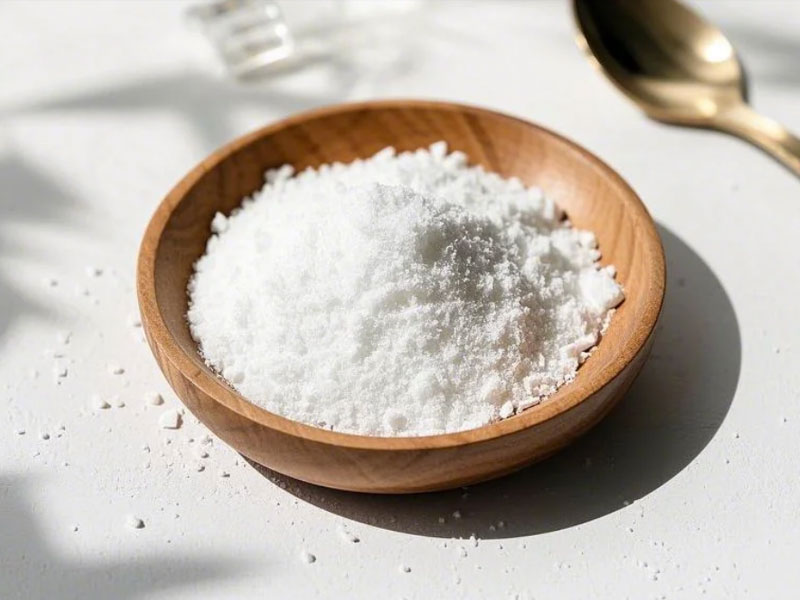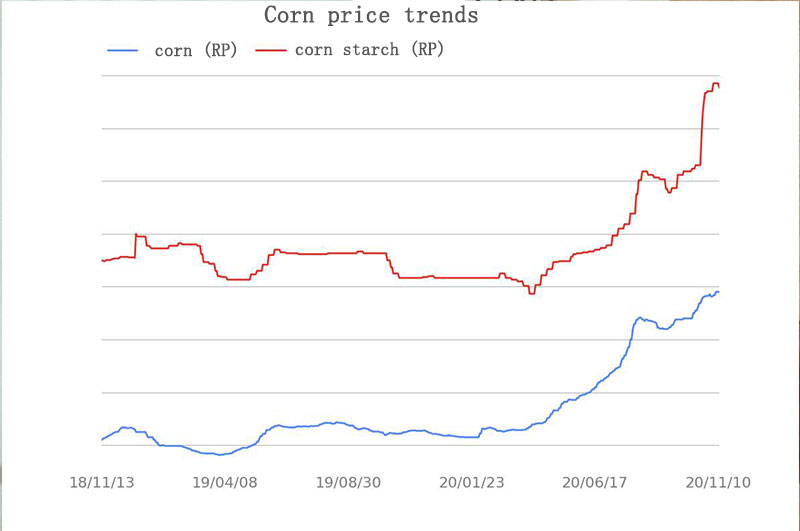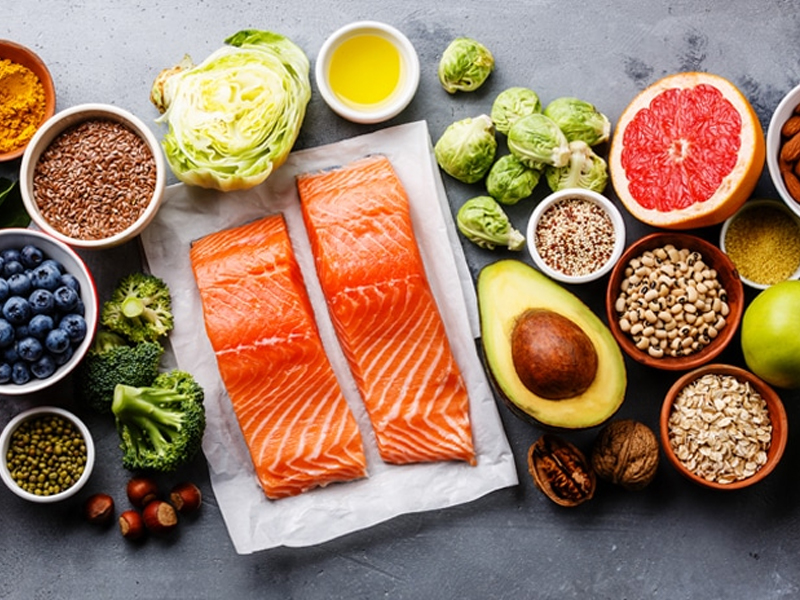As consumers continue to demand healthier bakery products with less sugar and fewer calories, food manufacturers are turning to natural sweeteners that can deliver the same indulgent taste and texture of traditional recipes. Among these options, organic allulose powder and organic allulose syrup stand out as top choices. Both forms of allulose offer low-calorie sweetness and clean-label appeal, but they perform differently in bakery applications. Understanding these distinctions can help formulators choose the right form for their specific needs.
What Is Organic Allulose?
Organic allulose (also known as D-psicose) is a rare natural sugar found in small amounts in fruits like figs and raisins. It delivers about 70% of the sweetness of sucrose but with 90–95% fewer calories. Unlike many other sugar substitutes, allulose has a nearly identical taste and functional behavior to regular sugar, making it ideal for baking.
Both organic allulose powder and organic allulose syrup are produced through enzymatic conversion of fructose from organic sources such as corn or sugarcane, ensuring a GMO-free, chemical-free, and fully organic process.
Comparing Organic Allulose Powder and Syrup in Bakery Applications
1. Form and Handling
- Organic Allulose Powder is a dry, crystalline sweetener similar to sugar. It’s easy to measure, mix, and store, making it convenient for dry baking mixes, cookies, cakes, and pastries.
- Organic Allulose Syrup, on the other hand, is a liquid form that’s perfect for batter-based or high-moisture formulations like muffins, brownies, or soft-textured bread. It offers easier integration into wet ingredients and helps retain moisture.
2. Sweetness and Flavor Profile
Both forms deliver a clean, natural sweetness comparable to table sugar. However, organic allulose syrup tends to provide a slightly smoother sweetness perception, especially in products with caramelization or browning. Powdered allulose performs best when precise sweetness control and dry formulation balance are required.
3. Moisture and Texture Management
Moisture retention is crucial in bakery products.
- Allulose Syrup excels at improving softness, chewiness, and shelf life because it binds moisture effectively, preventing products from drying out.
- Allulose Powder is preferred when a crisp or crunchy texture is desired, such as in cookies or crackers. It also provides structure in dry doughs and toppings.
4. Caramelization and Browning
Both forms contribute to Maillard browning, enhancing the visual appeal and flavor depth of baked goods. Syrup versions typically create a slightly darker and more uniform crust, while powder promotes lighter, crisp finishes.
5. Processing and Formulation Flexibility
For manufacturers, processing stability is a key concern.
- Organic allulose powder offers excellent stability under high heat and dry conditions, making it suitable for pre-mix and industrial-scale bakery production.
- Organic allulose syrup is ideal for continuous mixing systems or recipes requiring liquid blending and uniform distribution.
6. Nutritional and Labeling Benefits
Both products are low-calorie, low-glycemic, and non-cariogenic, meaning they don’t spike blood sugar or promote tooth decay. They also meet organic certification standards, allowing manufacturers to maintain “organic,” “clean label,” and “non-GMO” claims across bakery product lines.
Choosing the Right Allulose Type for Your Bakery Products
| Product Type | Recommended Form | Key Benefits |
|---|---|---|
| Cookies & Crackers | Organic Allulose Powder | Crisp texture, low moisture, easy mixing |
| Cakes & Muffins | Organic Allulose Syrup | Moist crumb, balanced sweetness |
| Pastries & Fillings | Combination | Enhanced browning, softness |
| Protein Bars | Organic Allulose Syrup | Chewy texture, shelf-life extension |
| Dry Baking Mixes | Organic Allulose Powder | Easy blending, long shelf stability |
Combining both forms can often yield the best results—powder for structure and syrup for softness. This hybrid approach allows bakers to fine-tune the sweetness profile, texture, and shelf life of their products.
B2B Advantages for Industrial Bakers
- Versatile Ingredient Options: Manufacturers can select powder or syrup formats based on their production line and final product goals.
- Improved Efficiency: Both forms integrate easily into existing recipes, requiring minimal reformulation.
- Clean Label Appeal: Organic certification and natural origin support premium bakery branding.
- Regulatory Compliance: Allulose is approved by major food authorities, including the FDA (GRAS) and EFSA, for use in bakery products.
- Global Market Readiness: Both powder and syrup can be supplied in bulk, tailored to the needs of global B2B distributors and co-packers.
Sustainability and Quality Assurance
At ORGANICWAY, we produce organic allulose powder and organic allulose syrup using advanced enzymatic technology that preserves purity and natural flavor. Every batch is certified organic (EU & USDA), non-GMO, and free from chemical processing aids. Our strict quality standards ensure consistent sweetness, low hygroscopicity, and exceptional functional performance in bakery formulations.
Conclusion
When it comes to developing reduced-sugar bakery products, both organic allulose powder and organic allulose syrup are excellent choices. The best option depends on your formulation goals—powder for structure and crispness, syrup for softness and moisture retention. Either way, both deliver natural sweetness, functional performance, and clean-label appeal that modern consumers crave.
By incorporating organic allulose into your bakery line, you can meet rising consumer demand for healthier, indulgent, and sustainable baked goods—without compromising on taste or texture.
Recommended Product
Organic Allulose Sweetener
Zero-Calorie, Natural Sweetener for Clean-Label Food, Beverage & Keto Formulations


